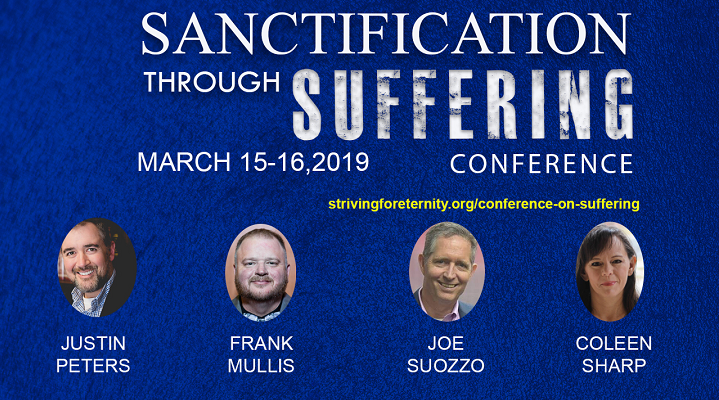Baptist Autonomy and Partnerships
As Baptists, we all believe in the autonomy of the local church. Autonomy, however, doesn’t mean a local church is completely independent of other Christians past, present, and future. In the present, local churches should partner with other churches for the furtherance of the gospel and the cause of Christ. This may be more formal partnerships like the Southern Baptist Convention, or it may be more localized and organic.
A local church is also dependant on past churches in that it builds on those who’ve gone before. It follows trails already blazed so to speak. It is encouraged, challenged, corrected, and guided by those who are now with the Lord.
Not only should a local church partner with the past and present, though. She also has the future to think about.
Partnering with Future Churches
A local church partners with future churches in the sense that it is continually looking to the coming generations as one motivation for its faithfulness to the gospel and strong doctrinal convictions. One of the saddest lines I’ve found in the Old Testament comes from King Hezekiah after he has been visited by Babylonian envoys. We pick up this story in 2 Kings 20:14-18 after the envoys have left and the prophet Isaiah visits with the king:
Then Isaiah the prophet came to King Hezekiah, and said to him, “What did these men say? And from where did they come to you?” And Hezekiah said, “They have come from a far country, from Babylon.” He said, “What have they seen in your house?” And Hezekiah answered, “They have seen all that is in my house; there is nothing in my storehouses that I did not show them.”
Then Isaiah said to Hezekiah, “Hear the word of the LORD: Behold, the days are coming, when all that is in your house, and that which your fathers have stored up till this day, shall be carried to Babylon. Nothing shall be left, says the LORD. And some of your own sons, who will come from you, whom you will father, shall be taken away, and they shall be eunuchs in the palace of the king of Babylon.”
Here we might anticipate Hezekiah crying out to Yahweh as he had done in the past. How horrible to consider one’s own lineage being taken away to a foreign land to serve a pagan king! Yet, this is not Hezekiah’s response.
Hezekiahism
Consider Hezekiah’s response to Isaiah: ‘The word of the LORD that you have spoken is good.’ For he thought, ‘Why not, if there will be peace and security in my days?’” (2 Kings 20:19).
What a travesty when local churches are reckless with their doctrinal commitments, soteriological practices, commitment to the Scriptures, worship practices, and church leadership structure all because things are seemingly going “good.” Too many churches take confidence in current worship attendance numbers, weekly offerings, or baptism rates in order to justify practices that are setting up future generations to be taken captive by Babylon, thinking “Why not, if there will be peace and security in my days?”
Transcending Styles
Hezekiahism can happen in both “contemporary” and “traditional” style churches. A contemporary example is that of Mark Driscoll and Mars Hill in Seattle. Driscoll’s church grew so fast that he became a type of “pope” in his own church: not able to be instructed, questioned, or confronted by those around him. The fallout of Mars Hill has had consequences that we may not ever fully realize this side of heaven. The concern was only about the present and now future generations suffer.
Traditional style churches are susceptible to the same me-centeredness. When a local church cares more about the carpet color, music styles, or the King James Bible than it does the coming generations, it has failed to realize the importance of a commitment to the future.
Looking Ahead
With so much happening in the here and now it’s hard for churches to consider those 100, 200, or 500 years from now. But let us consider that faithfulness today matters. In reality, some churches in the future may learn from us either way. For too many of us, they may look back and learn what not to do instead of seeking to emulate our faithfulness.
May you be reminded in this post that theology matters. Doctrinal commitment matters. What you sing matters. How you pray matters. Sharing the gospel matters. Be resolved no longer to linger, but to faithfully carry the banner of Christ forward as you think of generations yet to be born.






Robert, thank you very much for the kind words, brother. That sincerely means a lot to me that your spirit…